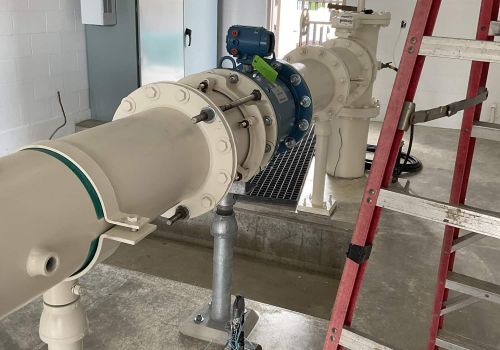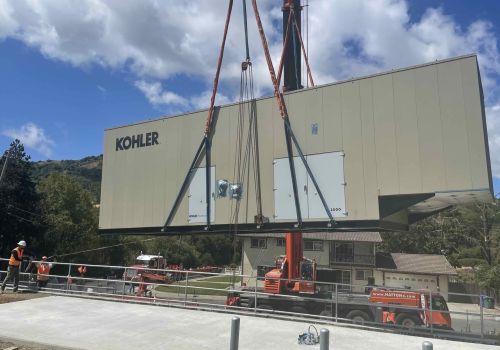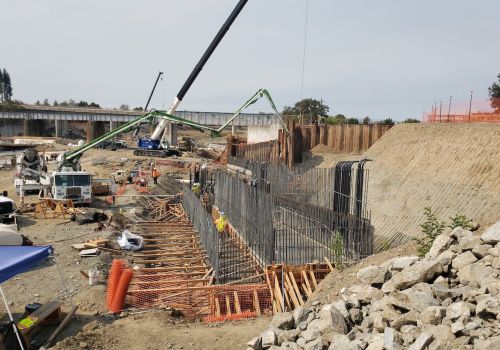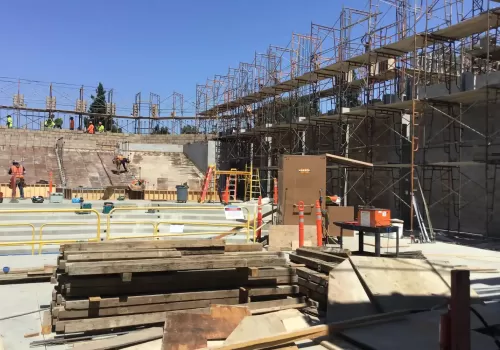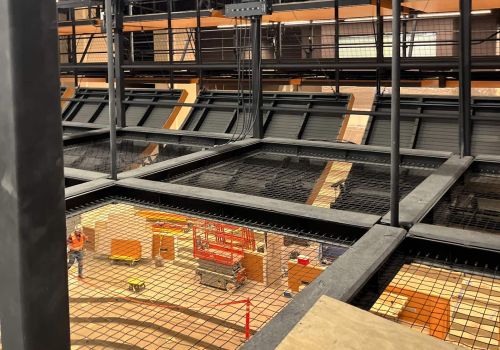How to Become an Electrical Project Manager
If you're looking to get into the electrical project management field, it's important to know what it takes to become an electrical project manager. Luckily, there are many ways to achieve this goal—but they all require some time and dedication on your part. Read on to learn what you need to know about becoming an electrical project manager.
Gain Experience in the Electrical Field
Before pursuing a new career as an electrical project manager, it's helpful to have a solid background in the construction field. Most electrical project managers begin their careers as electricians, but it's also common for people with experience in other construction trades to move to a new role. Having a good grasp of the overall construction process, the ins and outs of contracts, project planning, and day to day operations will set you up for success.
Once you are ready to advance your career as an electrical project manager, consider taking classes at a local community college or technical school to learn about the types of projects that are required for your area of interest (i.e., commercial or residential). You can also take classes on how to manage people and resources effectively; how project planning works; how construction contracts work; how building codes affect your work; managing change orders during construction projects; risk management strategies when working on large-scale projects; budgeting methods used when planning large-scale projects; and methods of accounting used when creating budgets for large-scale projects.
Gain Certifications/Degrees to Become an Electrical Project Manager
To become an electrical project manager, you must first have the necessary education. You should also consider certifications to help you get your foot in the door and distinguish your skills from other job seekers.
While not required for a career with Con J. Franke, an advanced certification that can very helpful for electrical project managers is the Project Management Professional (PMP) certification. To be eligible to sit for the PMP certification exam, you must first meet four qualifications:
- You must be at least 18 years old or older
- You must have a high school diploma or equivalent
- You must have 4,500 hours of experience managing projects within five years (3,500 of which may have been accrued during a single 12-month period)
Further, you can pursue a bachelor's degree in electrical engineering or construction management. Both will provide you with the necessary knowledge and skills to manage electrical projects and teams.
Electrical project managers are skilled at managing electrical construction projects. They have experience working with electrical systems and are able to plan and organize the work of others on these projects. When looking for a job as an electrical project manager, it's important to consider your education level and certifications as well as gaining experience in the electrical field. If you would like to know more about becoming an Electrical Project Manager or about current open employment opportunities, please visit our careers page or call us today!
